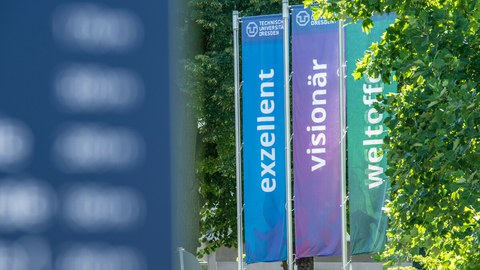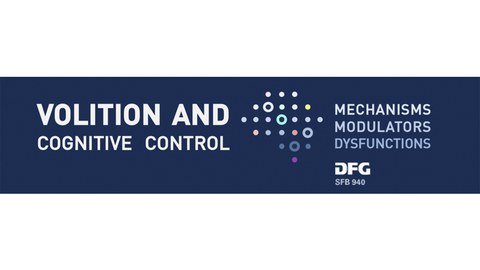Research at the Faculty of Psychology
The Faculty of Psychology is recognized for excellent basic research as well as for studies of high clinical and societal relevance. It belongs to Germany’s top 5 psychology departments in terms of funding and publications, and is counted among the top 100 psychology departments worldwide (Times World University Ranking 2019). It offers a state-of-the-art research infrastructure for research in Cognitive-Affective Neuroscience, Clinical Psychology and Psychotherapy, and Human Performance in Socio-Technical Systems, and entertains numerous interdisciplinary collaborations across faculties and with leading research institutions worldwide.
 © PantherMedia / billiondigital
© PantherMedia / billiondigital
Research profile
The Faculty of Psychology is recognized for excellent research and the academic home of internationally renowned research groups, who integrate cutting edge basic research with applied research on topics of high clinical and societal relevance.
Psychology at the TU Dresden belongs to Germany’s top five psychology departments in terms of external funding, publications, and citations (Centre for Higher Education university ranking and DFG Funding Atlas 2018), and is counted among the Top 100 psychology departments worldwide in the Times Higher Education World University Ranking 2019.
The Faculty approaches psychology from an empirical, natural-science perspective. It offers an exceptional research infrastructure, including an own Neuroimaging Center, a Cognitive and Neuropsychological Laboratory Center, and a wide range of specialized state-of the-art laboratories and facilities for behavioral, neuroscience, clinical, and applied studies. This allows us to investigate mechanisms underlying human cognition, emotion, and action on multiple levels of analyses, ranging from studies of neural mechanisms and brain systems, experimental investigations of cognitive and affective processes, to the assessment of mental disorders and real-life behavior in complex social and technical systems.
Many research projects at the Faculty of Psychology are interdisciplinary and transcend traditional faculty boundaries. This is exemplified by numerous large-scale research projects and networks such as the Collaborative Research Centre (SFB 940) “Volition and Cognitive Control: Mechanisms, Modulators, Dysfunctions”, the “Behavior and Mind Health Study (BeMind)” funded by the Federal Ministry of Education and Research, and psychology projects within the new Cluster of Excellence CeTi (Center for Tactile Internet with Human-in-the-Loop). These and many other projects rest on a dense network of cross-faculty cooperation between members of the Faculty of Psychology and researchers from neuroscience, psychiatry, computer science, artificial intelligence, electrical engineering, communication technology, educational science, and philosophy. With this commitment to interdisciplinary cooperation, the Faculty offers especially young scientists ideal research conditions in a dynamic, open-minded, and synergistic academic environment with extensive opportunities for collaborative projects with colleagues from a wide range of research fields.
Research in the Faculty of Psychology focuses on three closely interacting Research Focus Areas, which also correspond to our three research-oriented Master programs (for more information please click on the respective links):
I. Cognitive-Affective Neuroscience




